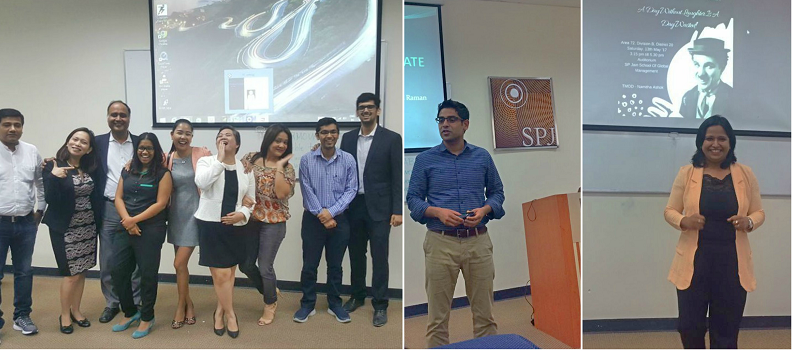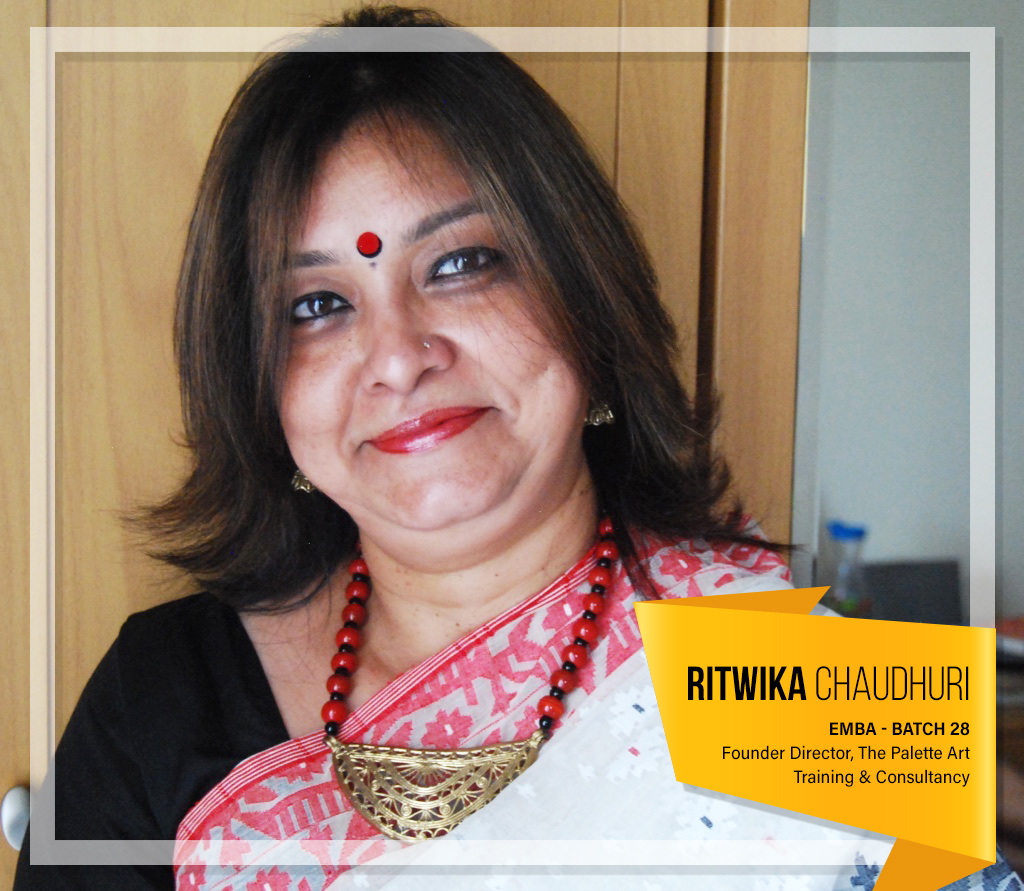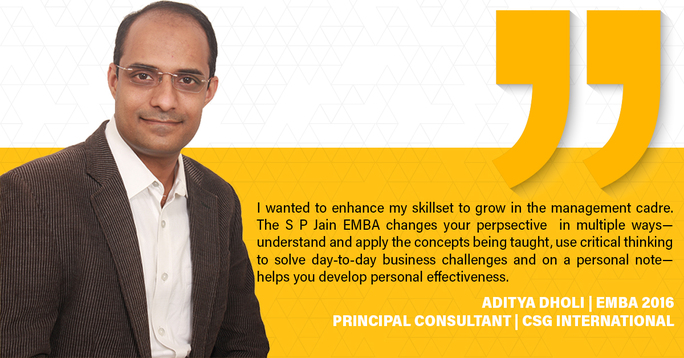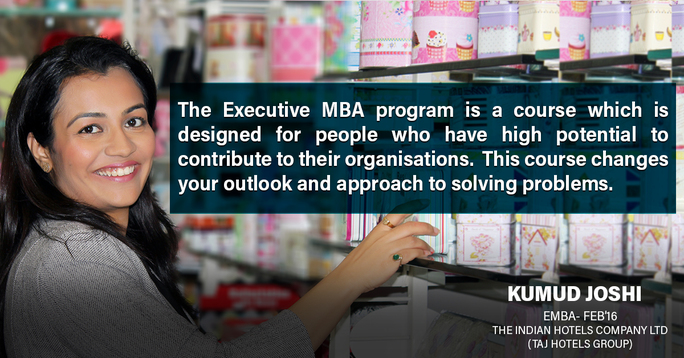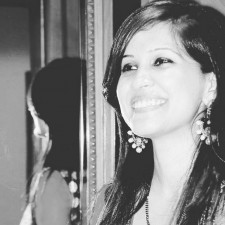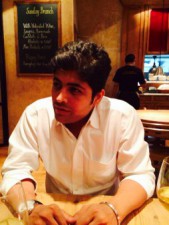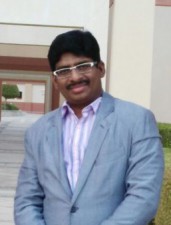We interacted with one of our students Yogesh Deshpande(EMBA: Class of 2017) for a quick chat about his experience at SP Jain.Below are the excerpts from our interaction.
Q: What are the factors which led you to pursue Executive MBA?
I have spent more than 20 years in the industry in various functions. There was an innate feeling that I should get back to the drawing board and further sharpen the basic skills in my area of operations management and other managerial functions. This would also propel me to take up top management positions in the future. Secondly, businesses are undergoing a lot of change and so is business management education. It is advisable to get the latest knowledge along with basic skills.
Q: Briefly share the role you were playing in your erstwhile organization prior to joining EMBA at SP Jain School of Global Management.
My industry experience varies from Automobile, Auto Ancillary and now the Engineering Industry. I am currently working as a General Manager and looking after the supply chain management function. I am involved in End to End supply chain which includes procurement planning, capacity planning, production planning, Demand/ Inventory planning etc.
Q: Which B-schools did you apply for and why did you select SP Jain School of Global Management?
I had surveyed 2 to 3 institutes before I zeroed in on SP Jain School of Global Management. I work in Pune currently, and I did have a look at Symbiosis, the part time MBA course at Pune University as well as ISB Hyderabad.
I found the syllabus of the EMBA from SP Jain School of Global Management more relevant and more international.
Q: Please share in detail the application and final selection procedure at your B-School.
The selection procedure included the written aptitude test followed by a personal interview. The good thing was that the test was online and the personal interview too was conducted online. That helped me save on time.
Q: The programme at your B-School is one of the most expensive programmes. How have you financed the course?
I have availed an education loan to finance this course.
Q: What is a typical day in your life at the campus?
This is a weekend course and I generally travel from Pune to Mumbai on Saturday morning and come back on Sunday evening. We have full day lectures planned with additional assignments sometimes. We generally have 7 to 8 hours classes on both the days.
Q: Was it difficult for you to adjust to the student life after a gap of many years? How did you cope with it?
Of course yes, it was difficult to get back into student life. As a professional, I am attending training programs and keep on reading and learning something daily. To be a formal student, attend lectures, read text books, take notes and prepare for the Exams is not that easy. I am still getting used to a structured learning process which involves homework and reading.
The funny part is that I am competing with my son in the marks that we score in respective exams. Wife does not have a choice; she is happy with whatever marks I score. In short, I am slowly getting into the groove of things.
Q: What are the non-academic activities you are involved in?
The Academic committee has recently been formed. Since, I am among the oldies (because of my experience and of course age), I would be mentoring the Operations Management class. I am planning to help the academic committee to organize Guest lectures and few plant visits in and around Pune.
Q: How much industrial and international exposure does your programme provide you?
The Professors that teach us are industry experts and internationally qualified academicians, so I get enough industrial and international exposure.
Q: What is the difference in teaching method applied by guest lectures delivered by academicians and industry practitioners? Please share the best elements from both.
The academician teaches us theory and then relates it with examples which are from various Industries. Industry practitioners take us through their experience and real life situations. Both give us the right levels of learning.
Q: How much is the rigour at the programme in comparison to the 2 year regular MBA?
This course is absolutely pacey and it is expected that we cover more ground in a short span of time. This course emphasizes a lot on adaptive learning. This course is more demanding but I feel that, this can be made more rigorous if we have more individual case studies to be done over the week and supported by further homework. This will keep us involved throughout the course and we do not get cut off from the campus when there are no classes.
Q: According to you, what is the best aspect of your programme and campus?
This campus is international, with a corporate look and well designed tech savvy class rooms. The program is industry relevant and the ABR (Applied Business Research) module which is part of the curriculum is a salient feature of this course.
Q: Does your programme offer placement? Are you willing to participate in the placement process or plan to join your previous organization?
This program does not offer placements but provides ample opportunities for networking. I am happy to go further in my current company as well as apply to my previous organizations at the upper levels.
Q: What are your expectations from the program? How would you like to implicate the learning after completing the program?
I expect this course to help me in re-sharpening my basic theory and give me cross functional exposure. I expect this to propel me to senior or top management levels; probably leading a midsize company as a CEO. I would also look at an overseas assignment. I have already started making use of the learning when I am looking at data; I have even noticed a change in how I communicate with people at different levels.
Q: What is your advice to the aspirants of Executive MBA?
When I graduated from engineering college and had a dream of doing an MBA, I could not do it because of some constraints then. Fortunately, now there are more avenues and options available in all Specialization areas. I strongly feel that if someone is prepared to work hard, an Executive MBA is a perfect course that will make them ready for bigger roles in their current organization and also aim for challenging global roles.

